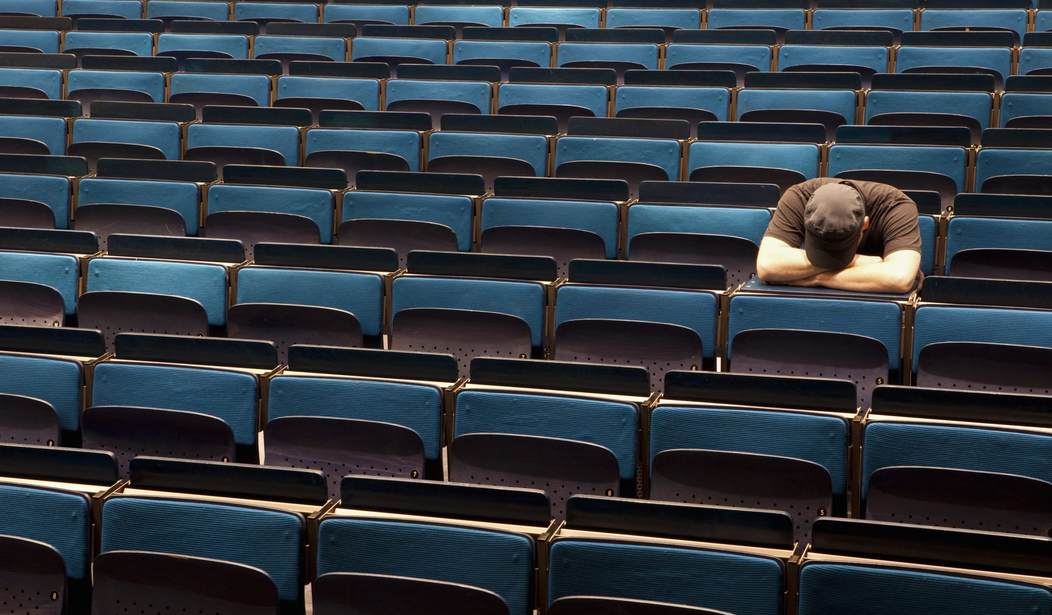A new academic study strongly suggests that Hillary Clinton’s defeat during the 2016 election is exacerbating the mental health crisis among college students.
Led by University of Miami Professor Heather Claypool, the study sought to determine if the election would impact students’ mental health and well-being. Claypool surveyed 262 students at the school before and after the 2016 election.
Students answered questions such as “I feel meaningless” and “I feel rejected,” as well as questions about their political leanings and — after the election — if they actually voted.
Only 166 students had — 70 percent of them voted for Clinton.
The results, published two years later in a peer-reviewed psychology journal, found that students who supported Clinton emotionally struggled with the results of the election. The authors predicted this was likely felt among students across the nation.
“Among Clinton supporters, the more liberal they were, the more they experienced her electoral defeat as personal rejection, reporting less belonging, less meaningful existence, and worsened mood,” reported Claypool.
Students “who felt especially close to Clinton and identified as especially politically liberal exhibited these [negative moods] most strongly” Claypool explained. Young men who supported Clinton were equally as devastated as women, the study also found.
To be fair, the study may understate the gravity of Clinton’s loss on students’ mental health. A different study surveyed 200 Clinton voters after the election and found that many are “still grieving” Clinton’s loss, as I previously reported.
“Some described Clinton’s loss as a death, while others likened it to a romantic relationship ending. Other Clinton supporters also described the loss as a betrayal” and one even compared it to “a basket full of puppies [getting] slaughtered.”
“Grief is normal. Grief is a reaction to a loss, and the Clinton supporters have encountered a variety of losses,” Professor Jocelyn DeGroot told PJ Media back in September.
The new study, “Experiencing Vicarious Rejection in the Wake of the 2016 Election,” was published November 9 in the journal Group Processes and Intergroup Relations. Professors from Baruch College and Pennsylvania State University also contributed to the analysis.
Follow the author of this article on Twitter: @Toni_Airaksinen










Join the conversation as a VIP Member